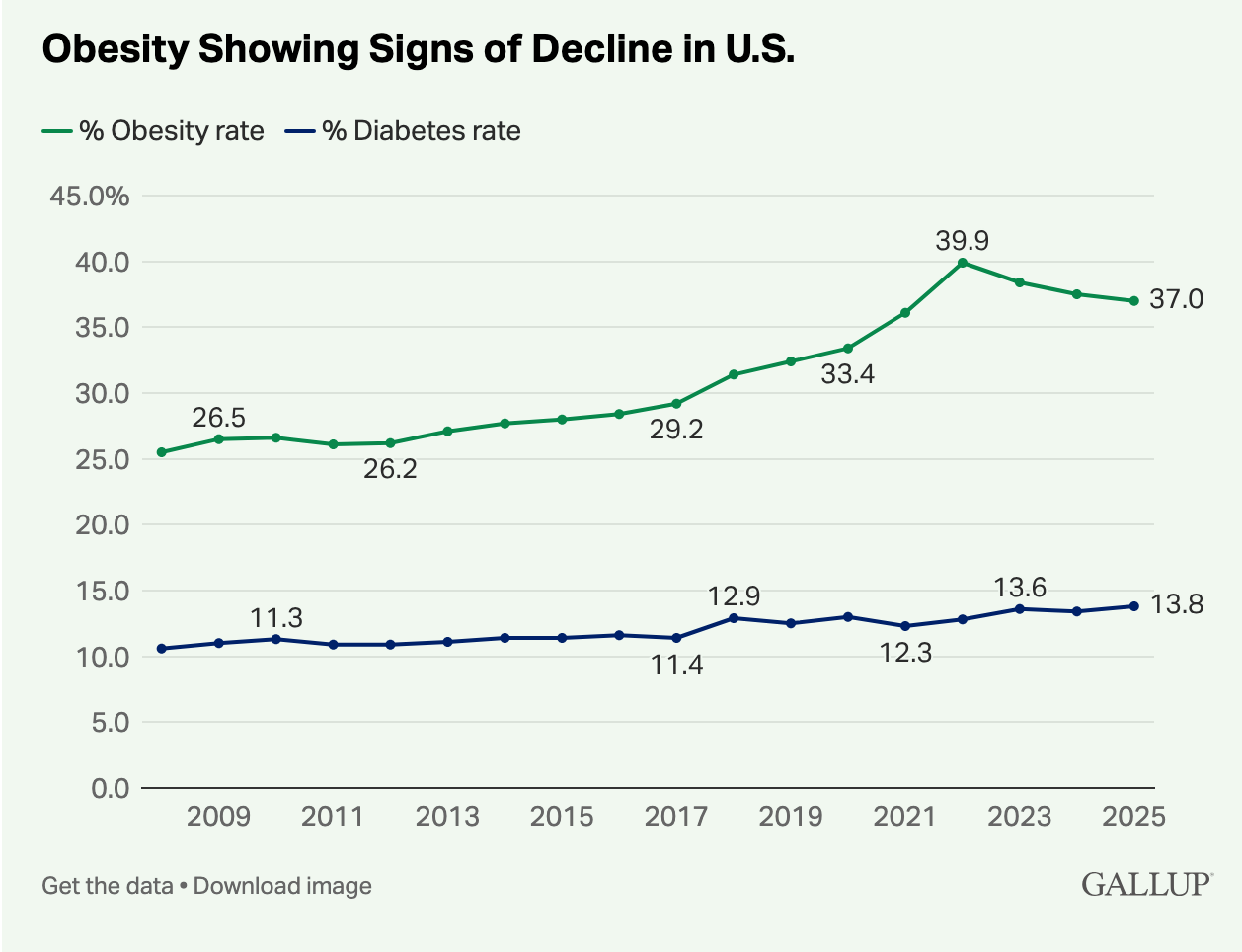Doomslayer: Progress Roundup
A cure for "bubble boy" disorder, a reality check on microplastics, a better zipper, and more.
Economics & Development
According to data from the Inter-American Development Bank, the poverty rate in Latin America has fallen by nearly half over the past 20 years, from 58 percent in 2003 to 30 percent in 2023. All but three countries in the region saw poverty reductions: Guatemala, Honduras, and Venezuela.
Energy & Environment
Conservation and biodiversity
In a recently published study, Researchers from the University of Arizona looked at 500 years of plant, arthropod, and land vertebrate extinction data and found that the extinction rate may have peaked around a century ago, when sailors had a habit of introducing rats and cats to vulnerable island ecosystems. They also found no evidence that climate change has increased the extinction rate over the past 200 years.
A new device developed in India listens for elephant calls and plays threatening sounds to keep the animals away from villages. Early tests show that the system can reliably detect and drive away elephant herds, avoiding potential traffic and trampling problems.
Conservationists are using AI to help them detect and eradicate the last remaining invasive stoats on the Orkney Islands, which have devastated local bird populations.
Pollution and natural disasters
This summer, India’s Ministry of Agriculture oversaw an impressive real world trial of AI-powered weather forecasts. The project sent weekly monsoon predictions to 38 million farmers using an AI model. During the trial, this new AI system accurately predicted an unusual 20-day dry spell weeks before it happened—something none of the conventional systems managed to do.
Age-adjusted air pollution deaths fell by 21 percent between 2013 and 2023, according to the latest State of Global Air report.
The European Food Safety Authority recently published a literature review of studies on microplastic contamination in food. It found that much of the research is methodologically weak and likely overstates the problem, concluding that “the actual release is much lower than the results presented in many publications.”
Food & Hunger
Researchers from the University of Massachusetts Amherst and Jiangnan University in China have discovered that spraying rice plants with super-fine selenium particles can significantly reduce their need for nitrogen fertilizer. In field trials, rice given the selenium and 30 percent less fertilizer than usual produced similar yields to conventionally grown rice.
Health & Demographics
A groundbreaking gene therapy may have cured ADA-SCID, the infamous “bubble boy” immune disorder. In a recently published study, 59 of the 62 children who received the treatment developed healthy immune systems and no longer needed lifelong enzyme therapy or donor transplants.
Scientists at the University of Warwick and Monash University have discovered a new antibiotic within Streptomyces coelicolor, a well-known bacterium that produces another antibiotic called methylenomycin A. This newly identified compound is far stronger than its “parent” and could help fight drug resistant infections.
Gallup polling finds that self-reported obesity in the US has been falling since 2022, an encouraging finding that is broadly consistent with CDC data showing a small recent dip in measured obesity rates.
South Africa has become the first African country to approve the HIV drug lenacapavir, which prevents infection with just two yearly injections.
Zambia has introduced the R21 malaria vaccine, with plans to provide it to over 500,000 infants in the coming months.
Science & Technology
Lockheed Martin’s prototype X-59 supersonic jet had its maiden flight on Tuesday. The test was at subsonic speeds—just to confirm it could fly safely—with supersonic runs to come. Like Boom Supersonic’s XB-1 jet, X-59 was engineered to minimize its sonic boom, thereby making commercial supersonic flight more palatable to regulators.
A company called Starfront Observatories has built a vast field of internet-connected telescopes in Texas that anyone can rent and control remotely, giving amateur astronomers easy access to expensive equipment and dark skies.
A paralyzed man has become the first in the UK to receive a Neuralink brain implant, which allows recipients to control computers with their mind.
YKK, the world’s leading zipper manufacturer, is upgrading its design. Their new model, called the AiryString, eliminates the familiar fabric tape on either side of the teeth, a change the company says makes the zipper lighter, more flexible, and more resource-efficient.



